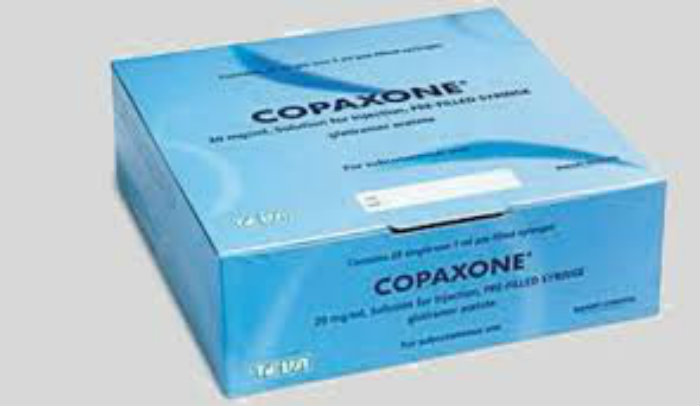Lemtrada: Is this MS Drug HSCT “Lite?”
(This is an updated version of my column that appeared earlier this month on www.multiplesclerosisnewstoday.com) My neurologist calls Lemtrada “HSCT lite.” She says that not only is the drug able to reduce exacerbations and limit the overall progression of Multiple Sclerosis, it’s actually reversed some symptoms in some of her patients. I guess I’m going to find out if she’s right about Lemtrada because I’m getting ready to start…Continue Reading




